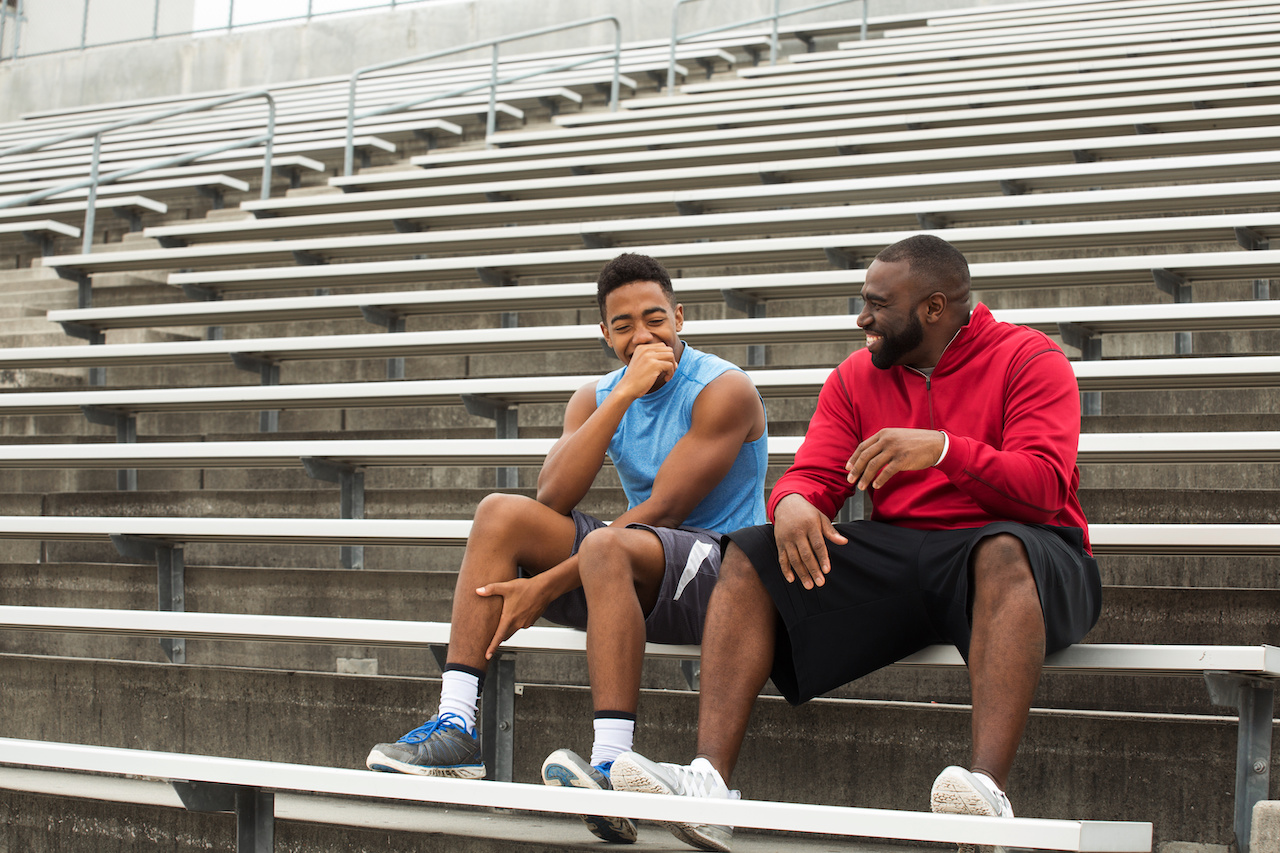5 Easy Steps Every Prospective College Student Should Do on Their Campus Tour

You got accepted to a few different colleges and, you are now making campus visits to see which is the right place for you, but you don't know what to do or what to ask when you are there.
Here are the 5 things every prospective student should do to get the most out of college visits and not waste your time:
1) Do Your Homework
Visit the school's website and learn as much as you can about the school, programs, social activities, etc. Make a list of questions you find on the website, blog, or social media.
Also, try to get a sense of how the school presents itself to the outside world by looking for:
-
a clear and easy-to-navigate website (if the school can't communicate on its website, chances are the school's other communications are weak as well).
-
clearly presented information for new and admitted students.
-
social media feeds that reflect student interests? A school that only reports on itself is one to watch.
-
does it have a blog, and what does it write about? Student success stories or about awards the school has won.
All of these things will give you an idea of the creative energy put into the school's marketing and communications, which can help you decide if this is a school for you.
Look for a school whose goal is to serve you, not itself. If it's not there for your benefit, you may be in the wrong place.
2) Talk to an Admission Counselor or Advisor Before Your Visit
Part of the student advisor's job is to recruit students. While all colleges have general FAQs and websites they recommend visiting, they are most familiar with specific programs that you may be eligible for and can help you achieve your goals. No matter how good the website, an advisor can give you more personalized information about the majors or extracurricular activities you are interested in.
They are also experts on what the school offers and can tell you the best places to go that are not on the tours.
In addition, be sure to ask the counselor about the following:
-
graduation rates after 4 and 5 years
-
dropout rates after the first year
-
what percentage of students change their major, and how difficult it is to change your major if you are already there
-
dorms and other issues related to housing
-
what opportunities I should take advantage of
-
what outcomes can I achieve as a student?
College is a big investment in time and money, so you should take advantage of what college has to offer you. The advisor should focus on your future, not what the ex-president or president's daughter studied there.
If the advisor is not focused on your future benefits, you may be in the wrong place.
3) Talk to Current and Past Students and Ask Them What They Like About Their College

Talk to current students and alumni to get their impressions of their school. Ask them what they liked or disliked about their school and the:
-
dorms & off-campus housing
-
extracurricular activities
-
classes & professors
-
academic advising
-
major choices
-
campus food
Ask them what they would do differently if they had to go to college again. What changes you can make to their college experience? Finally, ask them if the college is focused on their future and if it helped them achieve that.
If the college is focused on its future and not yours, you may be in the wrong place.
4) Go to Orientation, Take the Tour, & DO NOT BE AFRAID TO ASK QUESTIONS
Admitted Student Day is the college's chance to get you excited about going to their school! During your major orientation session, you will likely attend a presentation about the typical student class schedule and major options. On stage, other students in the same major will talk about their experiences. Professors or advisors are often available to answer questions, and you can view profiles of other admitted students.
This is your chance to find out if you are a good fit.
Campus Tour
Campus tours are designed to show the campus in all its glory. Tours are usually conducted by students who volunteer or are part of an internship program.
These students usually have a lot of energy, love their school, and want to show it to you. The students don't have the same level of knowledge as the advisors, so now is the time to ask questions about campus life, quality of food, social activities, traditions, and Greek life (if that interests you).
To look "cool," most students stay in the back and try not to look like a tourist. However, this isn't a vacation! This is your chance to see if you fit in here. You may spend more than 4 years there and spend a lot of money.

So ask questions!
If the orientation session and tour focused on all the college features and don't mention any benefits to the students, you may be in the wrong place.
5) Take a Class

This is actually more interesting than it sounds. Most schools have a list of different courses in different departments that you can take. These usually take place in large lecture halls, and you have the opportunity to observe other students in their natural habitat!
Pay attention to what the other students were like. Were they:
-
engaged
-
taking notes
-
asking questions
-
participating in discussions
-
on their cell phones & just waiting for the lecture to end?
The hidden benefit of observing a class is that you can ask other students questions before or after the lecture. Students are usually very receptive if you say, "Hi, I am on a campus visit and wanted to ask something about this instructor."
If you catch a very willing student to talk, ask a follow-up question about the campus and the school. If they had a good experience, they would probably want to tell you.
If the kids weren't there to learn or you do not feel comfortable in a class, you may be in the wrong place.
Your job is to gather as much information as possible before you travel so that you can arrive on campus and spend the time enjoying what the school has to offer and seeing if the pictures in the brochure match reality.
Once you have gone through all 5 steps and they all work out in your favor, you will have a good idea of whether the college is a good fit for you, and you might be in the right place!
Pro Tips

-
Once on campus, occasionally ask a passing student or adult for directions (even if you know where you are going). What was their reaction? Are they happy to help you, or do they seem put off by the request? They were in your situation not too long ago, so it's always interesting to see how they respond.
-
If you can bring a friend, either someone interested in the school or someone who just gives you moral support, your stress level usually decreases considerably.
Not only is there safety in numbers, but your friend might ask a question or see something different than you do.
-
If you bring an adult with you, they will not be afraid to ask questions that might embarrass you! They are there to help you through a difficult time, and they have much more life experience than you do.
Let them ask their questions and listen to them when they see something interesting. Now is not the time to exclude them because they are not in your age group.
What Not to Do On Campus Visits
Campus visits are your time to observe and connect your research and your real-life visit. Now is not the time to learn:
-
class size
-
dorm costs
-
financial aid
-
graduation rates
-
ROI for certain majors
Any questions that can be answered with a number should not be asked during a visit.
Stay connected with news and updates!
Join our mailing list to receive the latest news and updates from our team.
Don't worry, your information will not be shared.
We hate SPAM. We will never sell your information, for any reason.

